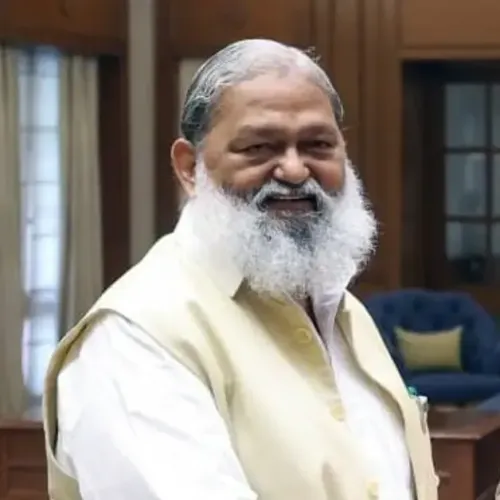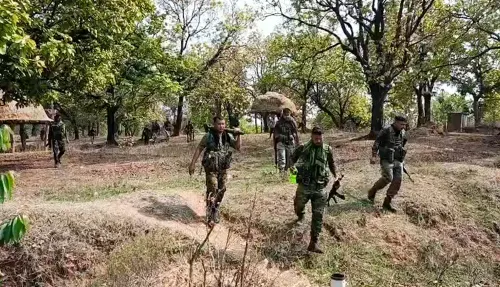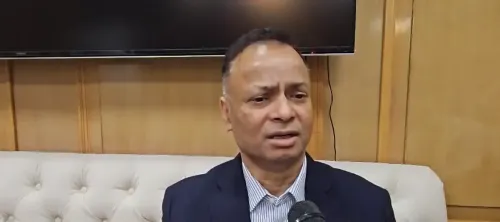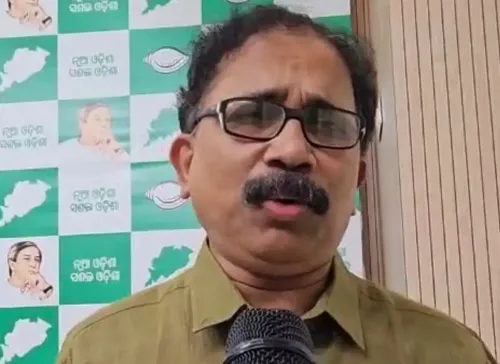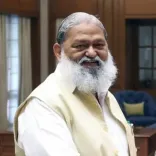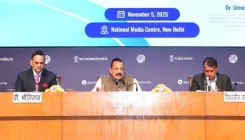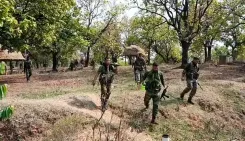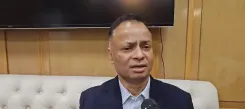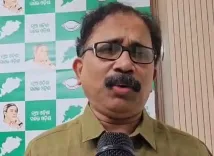Why is Bengal on Edge Before Political Rallies for and Against SIR?
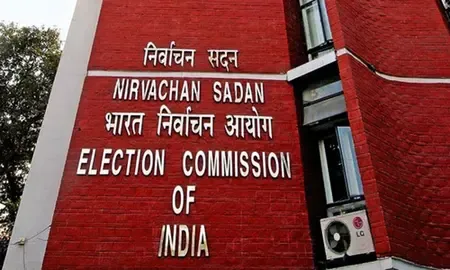
Synopsis
Key Takeaways
- Political tensions are rising in West Bengal as the SIR process begins.
- Both ruling and opposition parties are planning rallies to amplify their narratives.
- Concerns for the safety of Booth Level Officers have been raised amidst threats from political factions.
- Allegations of disenfranchisement and fraudulent entries are prevalent.
- The political landscape is critical as West Bengal approaches its Assembly elections.
New Delhi, Nov 3 (NationPress) The Special Intensive Revision (SIR) process of West Bengal’s electoral rolls has devolved into a political battleground of conflicting narratives, generating rumors and anxiety that have even led to alleged suicides. In a move that could escalate tensions, both the ruling party and the main opposition in West Bengal are reportedly organizing separate rallies on Tuesday to promote their respective narratives regarding the SIR process.
Coincidentally, the Election Commission of India (ECI) will commence its house-to-house verification on the same day. As the state’s election office rushes to equip Booth Level Officers (BLOs) with training on the mobile application, enumeration forms, and other essential tools ahead of the November 4 launch, it faces protests over safety concerns and the workload from this crucial workforce.
Some BLOs have voiced worries about their security, especially in light of threats from political factions, including the ruling Trinamool Congress (TMC).
Threats have included warnings of “rivers of blood” if voters’ names are removed from the rolls, while party Booth Level Agents (BLAs) have been instructed to monitor BLOs throughout the process.
Meanwhile, leaders from the principal opposition party, the Bharatiya Janata Party (BJP), are reiterating claims that more than a crore fraudulent entries will be purged from the voters’ list during this process.
Leader of Opposition in the West Bengal Assembly, Suvendu Adhikari of the BJP, plans to hold a rally in Agarpara, North 24 Parganas, on the same day, advocating for the removal of “intruders” via the SIR.
On November 1, Abhishek visited the home of Pradip Kar, who reportedly died by suicide, leaving a note expressing his “fear of NRC” (National Register of Citizens), which aims to document all Indian citizens and differentiate between legal citizens and illegal immigrants.
He attributed blame for the suicide to the Union government and the Election Commission, vowing to protest on the streets.
Allegations persist that illegal immigrants, especially from neighboring Bangladesh, have registered as voters in the state.
The political atmosphere is tense this winter, leaving enumerators cautious of backlash from either side while performing their duties.
Current reports indicate that the TMC is organizing a rally in Kolkata to raise awareness about “widespread fears” surrounding potential “large-scale disenfranchisement” due to the SIR.
This rally will be led by TMC Chairperson and West Bengal Chief Minister Mamata Banerjee, along with her nephew and General Secretary Abhishek Banerjee, who is also a three-time MP from Diamond Harbour.
In Bihar, the Opposition has similarly raised concerns about arbitrary voter removals during the ECI's SIR process.
Previous discussions on fears of “large-scale disenfranchisement” concluded with only 3.66 lakh names being delisted and 21.53 lakh eligible voters added.
Thus, the SIR process has escalated into a significant political conflict, particularly with the poll body announcing its initiation across a dozen states.
The TMC's march in Kolkata is expected to commence from the statue of B.R. Ambedkar and conclude at Rabindranath Tagore’s residence, aiming to connect the SIR process with the Constitution of India and the recent language controversy concerning Bengali.
As political parties exchange claims and counterclaims, West Bengal gears up for Assembly elections scheduled for early next year.

